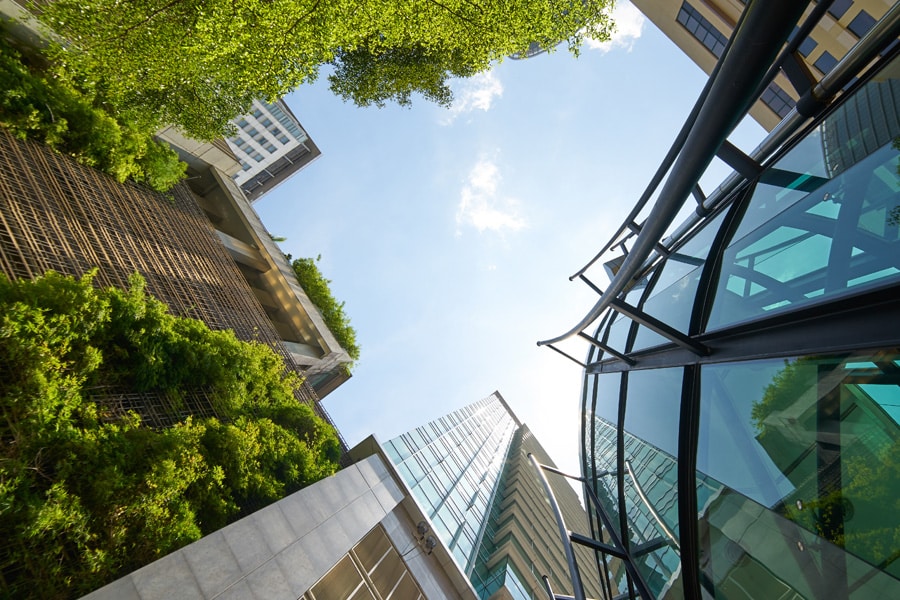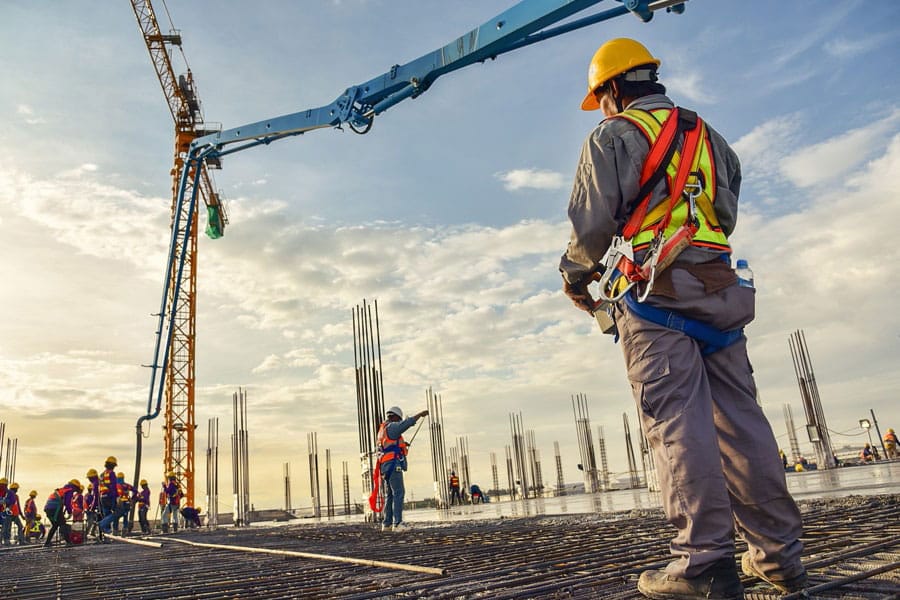Smart cities are the future of urban living, utilizing advanced technology to improve the quality of life for citizens. The concept of smart cities is based on the use of data and technology to enhance the efficiency of urban infrastructure and services, such as transportation, energy and waste management. Their potential benefits include reduced pollution, improved public safety and enhanced economic development.
Fundamentals of Smart Cities
At the core of a smart city is the integration of technology and data into urban infrastructure to improve efficiency and enhance the quality of life. Smart cities are designed to be sustainable, efficient and resilient, utilizing data analytics and advanced technology to optimize resource usage and minimize waste. The key components of a smart city include:
- Smart transportation: Smart transportation systems use technology to manage traffic flow, reduce congestion and enhance public transportation. Examples include real-time traffic monitoring, intelligent traffic management systems and smart parking solutions.
- Energy management: Smart cities utilize technology to optimize energy usage and reduce consumption, such as smart grid systems, renewable energy sources and energy-efficient buildings.
- Waste management: Smart cities use technology to manage waste more efficiently, including smart waste collection systems and recycling programs.
- Public safety: Smart cities utilize technology to enhance public safety, such as smart surveillance systems and emergency response systems.
Leaders of Smart Cities
Many cities around the world are implementing smart city technologies to enhance the quality of life for their citizens. The Asia-Pacific region is expected to lead the smart cities market, with a compound annual growth of 22.4% from 2019 to 2024. According to a report by Mordor Intelligence, the growth is driven by factors such as rapid urbanization, increasing population and the need for better infrastructure. The region is expected to see significant investments in smart city technologies and initiatives, with China, Japan and India being the major contributors to growth. In addition, the report predicts that the increasing adoption of Internet of Things (IoT) devices and the development of 5G networks will further boost the growth of smart cities in the region.
Singapore is often cited as a leader in smart city technology, utilizing advanced sensors and data analytics to optimize everything from traffic flow to waste management. The smart nation initiative has garnered international recognition and has been seen as a model for other cities around the world. In 2018, Singapore was ranked the top smart city in the world by the Institute for Management Development (IMD) and the top Asian Smart City in 2023. The city-state was recognized for its strong performance in areas such as technology, governance and social cohesion.
In Singapore, the government’s smart nation initiative aims to make the country a “living laboratory” for testing and implementing smart city technologies. The initiative aims to leverage data and technology to improve the quality of life for Singaporeans, enhance economic opportunities and create a more sustainable future. The government has partnered with various stakeholders, including private companies and research institutions, to develop and implement smart city solutions in areas such as transportation, health care and public services.
Within APAC, South Korea also stands out. Songdo, near the South Korean capital city of Seoul, is a prime example of a smart city built from scratch. The city was designed to be sustainable, high-tech and environmentally friendly. It was created as a joint venture between the South Korean government and private companies, including Cisco Systems, and construction began in 2003.
One of the key features of Songdo is its pneumatic waste disposal system. This system uses underground pipes to transport waste directly to a central waste facility, eliminating the need for garbage trucks to drive around the city. This not only reduces traffic congestion and air pollution but also improves public health by reducing the number of pests and vermin attracted to garbage.
Copenhagen has also been recognised as a leader. Its smart city initiative has received international recognition and praise for its efforts to make the city more sustainable and connected. Copenhagen’s smart city initiative “Copenhagen Connecting” is a comprehensive plan to make the city carbon neutral by 2025.
One of the major projects under the Copenhagen Connecting initiative is the Smart Mobility project, which aims to make the city’s transportation system more efficient and sustainable. The project includes initiatives such as smart traffic management systems, electric buses and bike-sharing programs. The aim is to reduce the number of cars on the road, decrease traffic congestion and lower carbon emissions.
Dubai has been making significant strides in its journey to becoming a smart city. In 2014, the Dubai government launched the Smart Dubai initiative to transform the city into a global leader in smart city technology. The initiative’s goal is to integrate advanced technology into the city’s infrastructure and services, creating a seamless and efficient living experience for residents and visitors.
One example of this is the self-driving transportation system. The Dubai Roads and Transport Authority (RTA) has been testing self-driving taxis since 2017, and the service is expected to become fully operational in the near future. The taxis are equipped with advanced sensors and cameras, enabling them to navigate the city’s streets safely and efficiently. This technology is expected to revolutionize the way people travel in Dubai, reducing traffic congestion and improving the overall transportation experience.
Future of Construction and Infrastructure
The development of smart cities is expected to shape the future of construction and infrastructure. As the world becomes increasingly urbanized, the demand for sustainable and efficient cities will only grow. By integrating technologies such as IoT, big data and AI, smart cities can improve the quality of life for residents while reducing their impact on the environment.
The rise of smart cities also presents significant opportunities for the construction industry. As cities continue to evolve and grow, the demand for new infrastructure and buildings will only increase. This presents an opportunity for construction companies to integrate smart technologies into their projects and offer more sustainable and efficient solutions to clients.
















